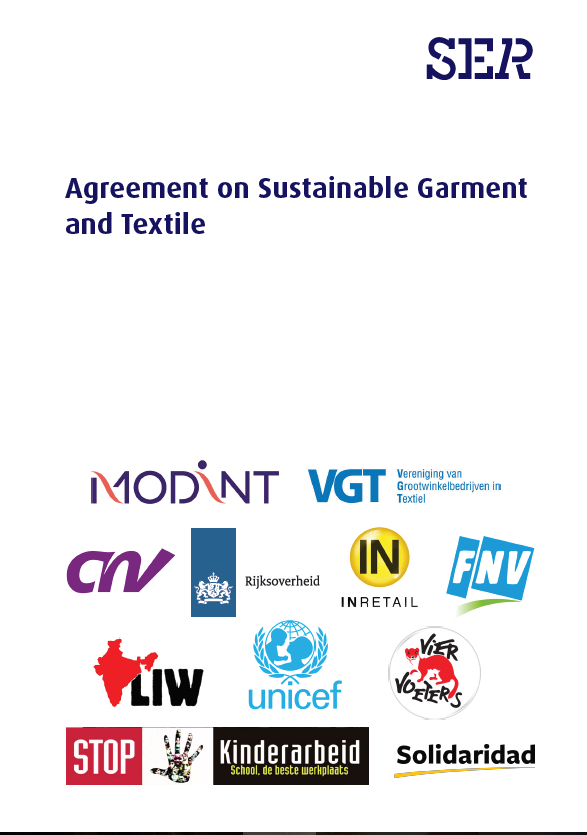Procurement Policy
Standards & Codes of ConductThe University purchase circa £196m worth of goods and services from external providers each year. The University Court requires the institution to be fully compliant to EU rules and regulation and procurement policy. There is a requirement to deliv...Read More

